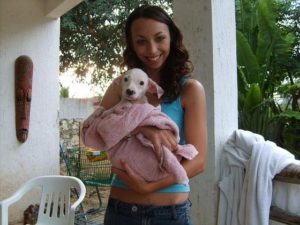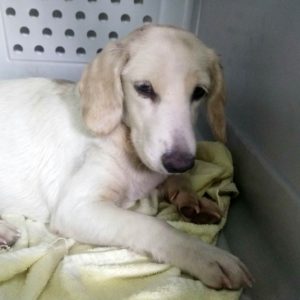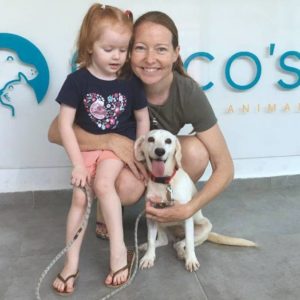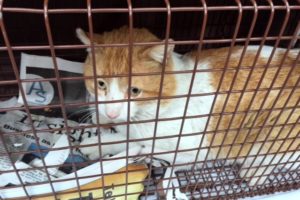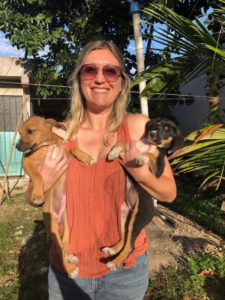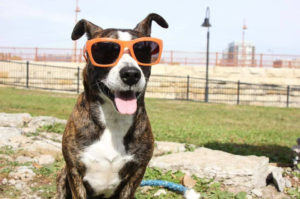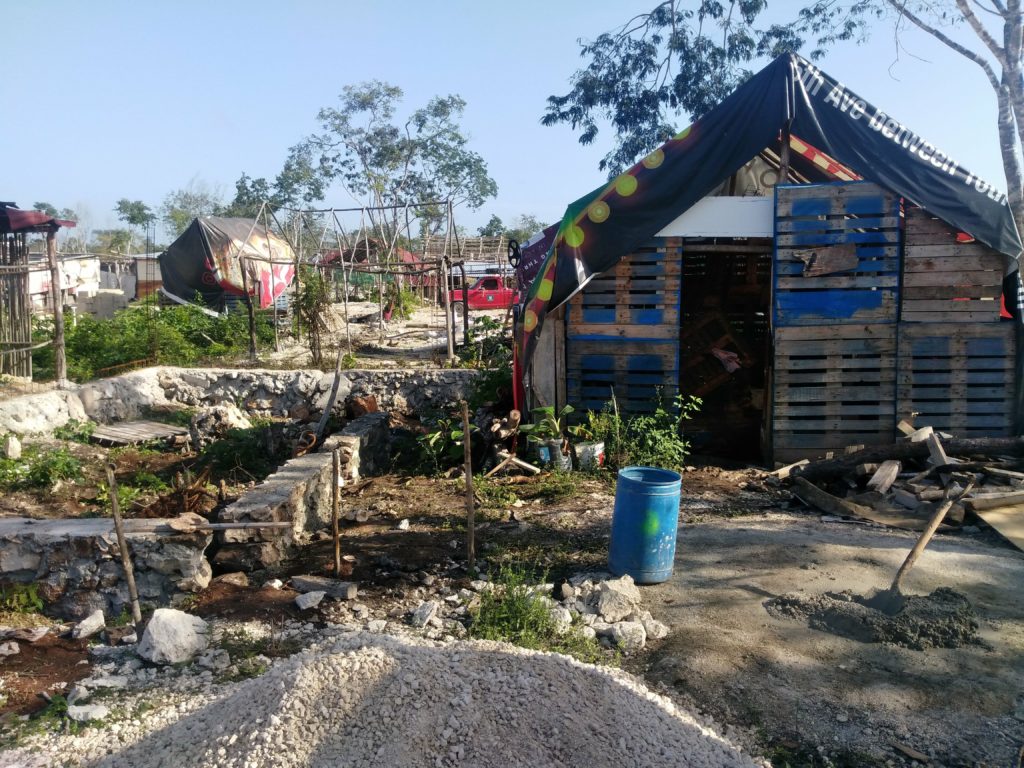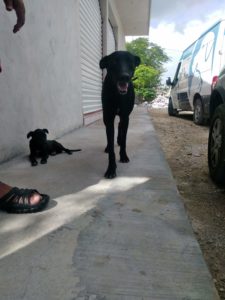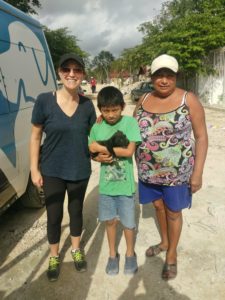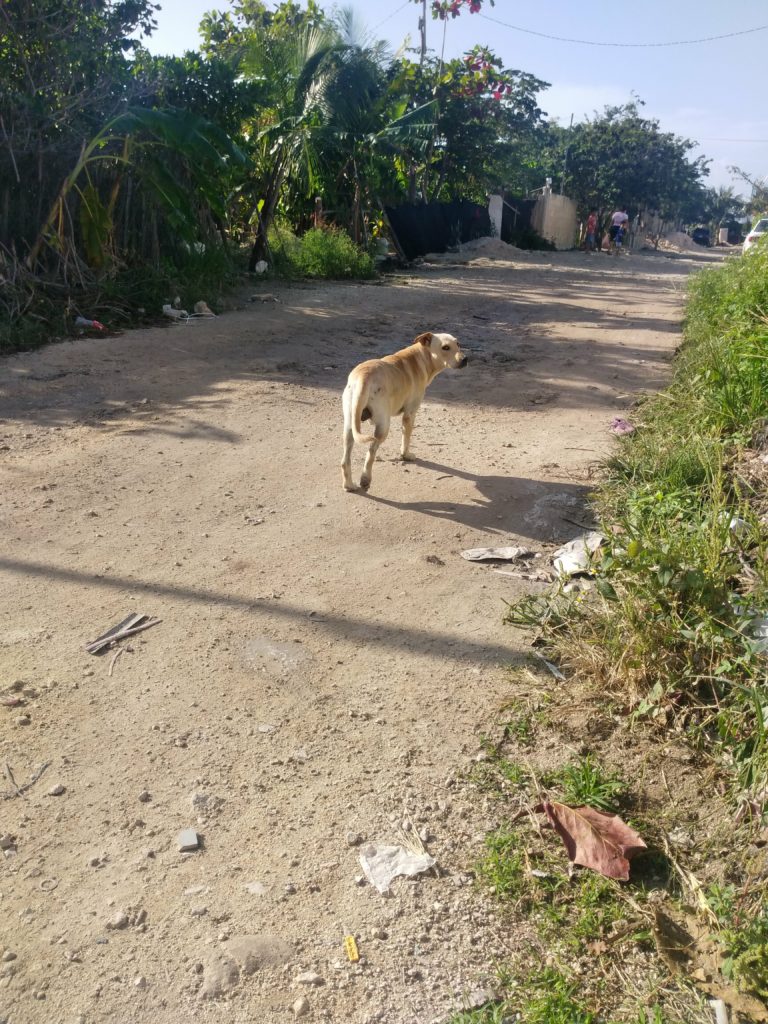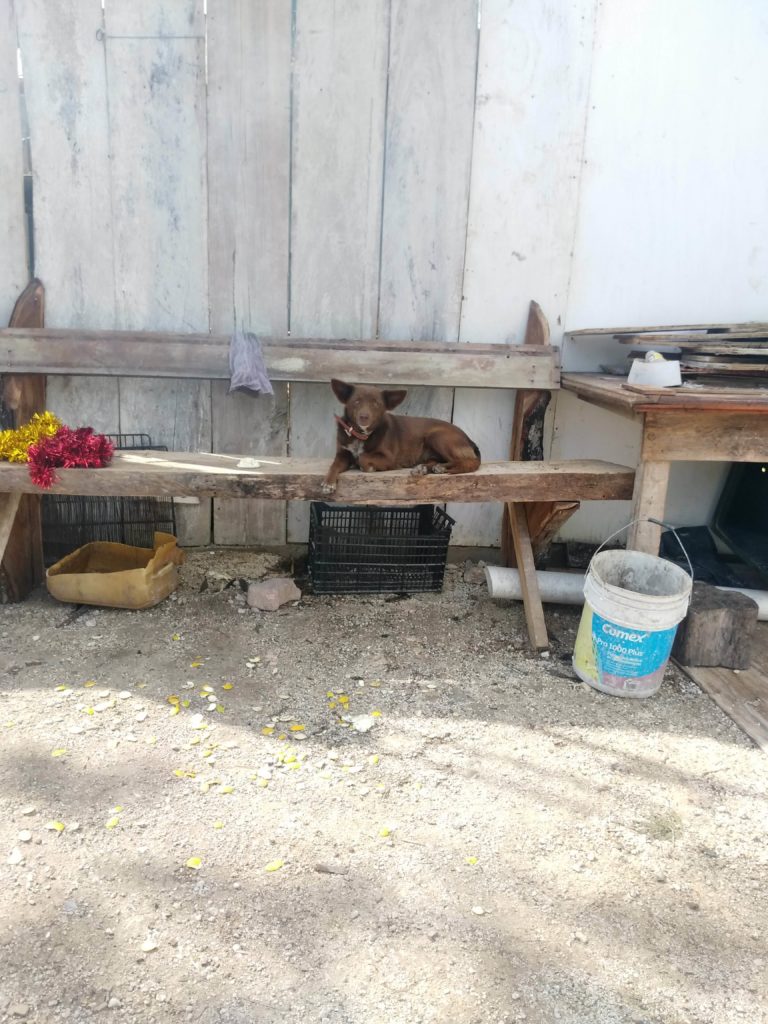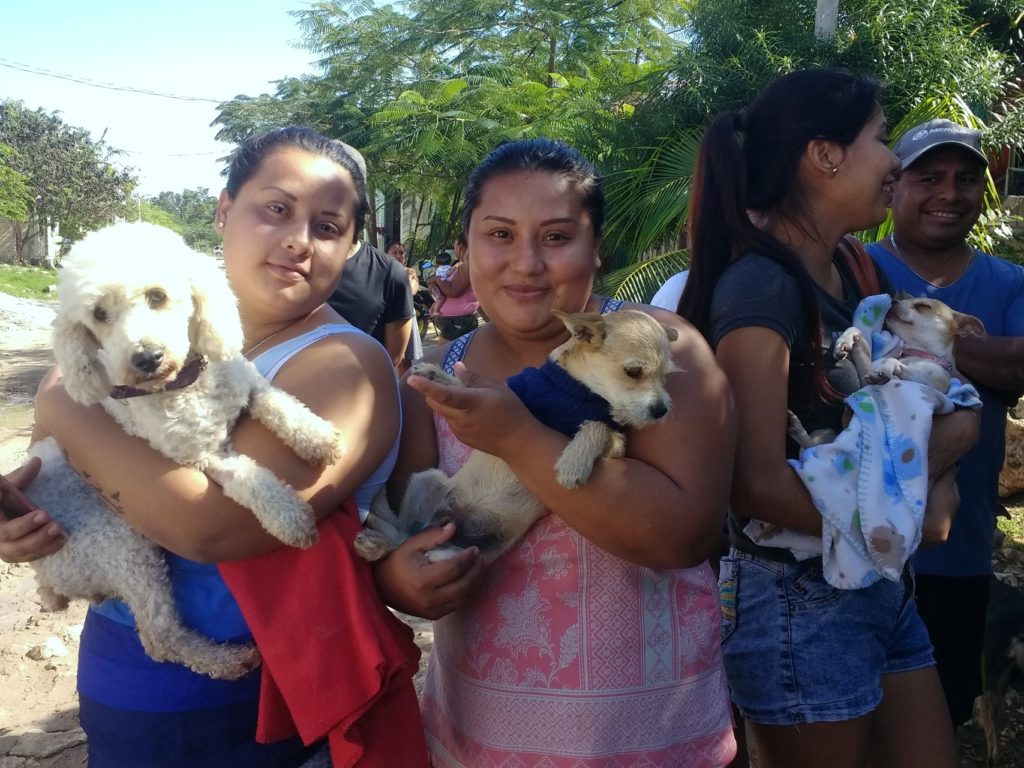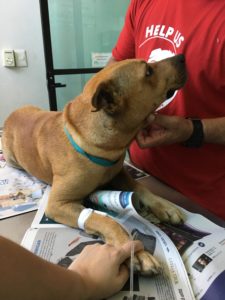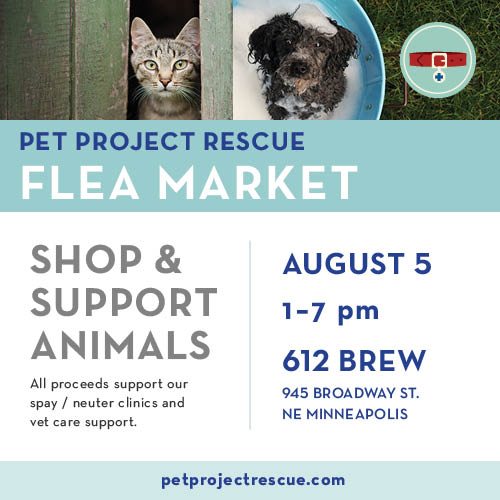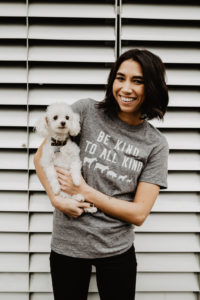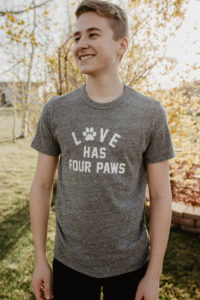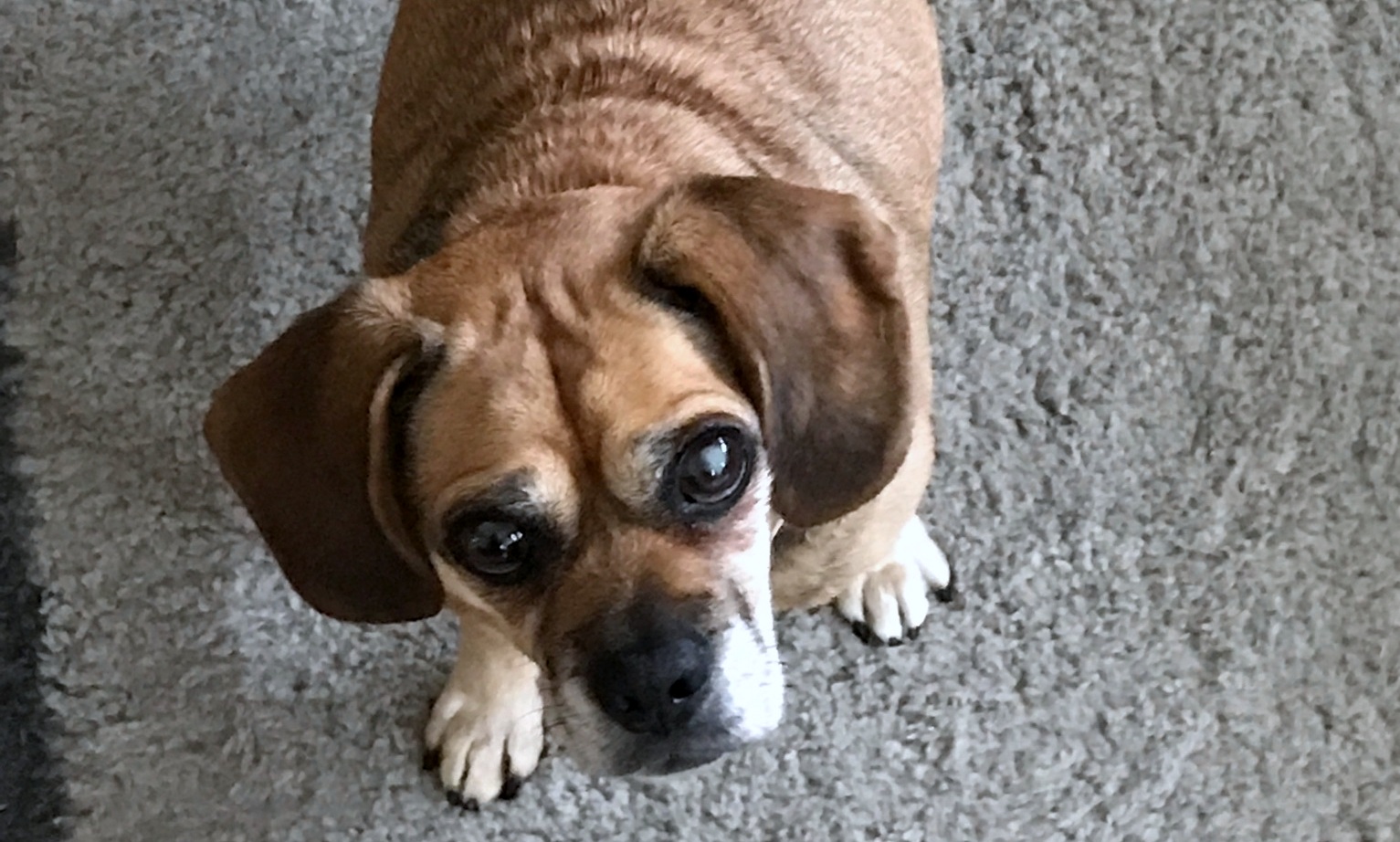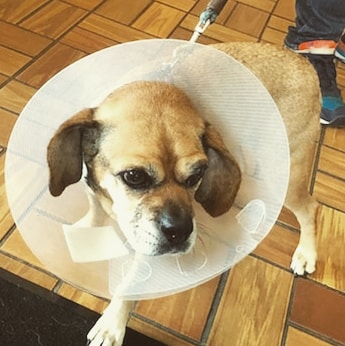Women Who Inspire Part 2: Lisa Edwards
Women Who Inspire Series Part 2: Lisa Edwards of Lost Dog Foundation and Help Tulum Dogs

Your mission/goal with your organization:
The mission of LDF is to aid the neediest animals in areas where little care is available and to assist other rescuers in a grass-roots way to rescue and rehabilitate animals in need. LDF is based on the East Coast of the US and works centrally in Virginia, to rescue and find homes for dogs and cats in need and to promote animal welfare. TNR of neighborhood feral cats is a side program that LDF has undertaken in the past few years as well. LDF is also highly involved in international rescue in the Yucatan of Mexico, in the Mayan Riviera areas. A primary goal of LDF is to promote spay and neuter and to work actively to organize and sponsor s/n campaigns on the ground in Mexico. We formed a specialized rescue organization in 2014 in Tulum, Mexico, known as Help Tulum Dogs to focus on one area in dire need. LDF works closely with several other Mexican rescues and helps to transport many dogs to new lives in the US and Canada.
When did you start?
LDF was formed in 2011, official 501c3 designation in 2012.
What motivated you to start your organization?
A lifelong interest and passion in veterinary medicine and helping animals…. I began volunteering with an international spay/neuter organization called ViDAS (based in Colorado) in Mexico in 2010, and then helped to found Tierra de Animales sanctuary outside of Cancun, Mexico in 2011. LDF was formed to provide a base and platform for international rescue work, such as TDA and other efforts.
Biggest accomplishment/proudest moment:
Personally, rescuing my sweet dog Silo in 2003. He was chained up alone in the side yard of a drug house in a shady neighborhood.
He was basically a wild dog at first, with no idea of how to be a regular pet dog, but he had a heart of gold. He had a lot of health problems, escaped and was hit by a car and severely injured… but lived another 12 years with me and was my ‘golden dog.’
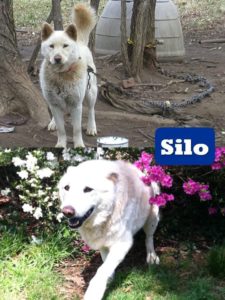
Biggest hurdle/challenge with what you do:
Without a doubt, the biggest hurdle is financial funding. With a significant amount more of funding, so much could be accomplished, both in the US and in Mexico by setting up permanent wellness and spay and neuter clinics and by being able to assist more rescue groups on the ground.
Advise you would give yourself when you started, knowing what you know now:
Learn to say no when needed, and learn to 10000% trust your gut when sizing up a situation. So much in the rescue world is dependent on the teamwork of humans and you have to really work with people who have your back and that you can trust wholeheartedly.
Any other info you want to share:
LDF hopes to expand its’ reach in the future to conduct more spay/neuter clinics in Mexico and to work to promote ‘mindful travel’ so that travelers can assist animals in need while traveling in areas that need help. Win-win.
Site and Social Media Info:
Lost Dog Foundation http://lostdogfoundation.org/
Facebook and Instagram: Lost Dog Foundation
Help Tulum Dogs: (no separate website as it’s ‘included’ as part of LDF)
Facebook and Instagram: Help Tulum Dogs
Read more

